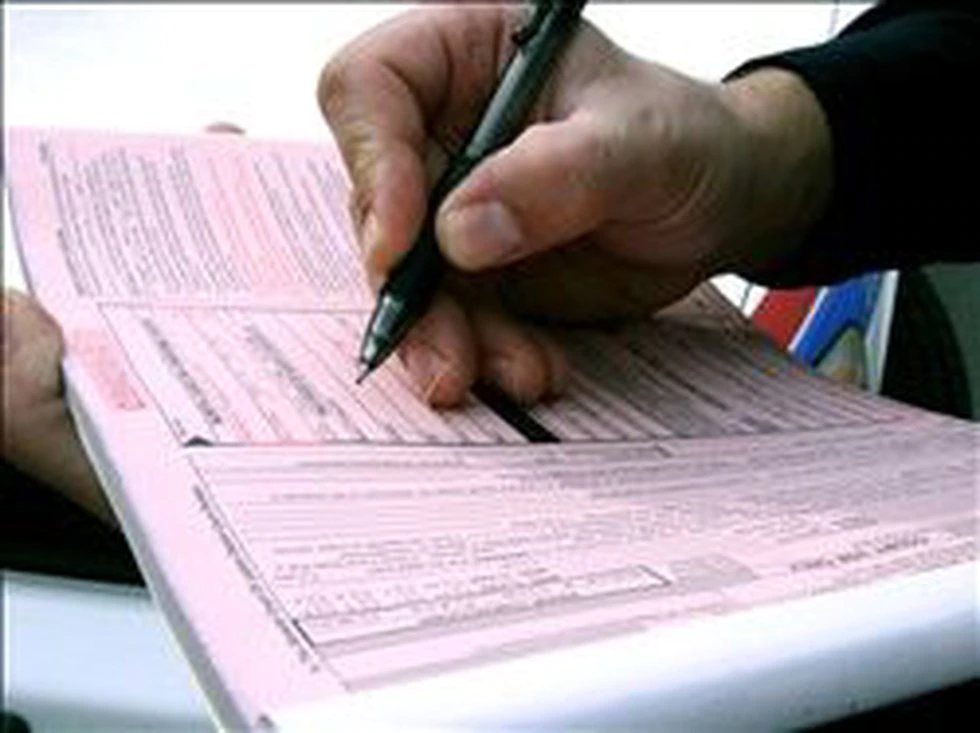Why Insurance Is Critical In International Trade.
The world is becoming increasingly linked and globalized,As a result, the risks of doing business outside of the United States are increasing,currency fluctuations, credit risk, and political instability all put your business at risk in both cases.This is true regardless of whether you are exporting or importing.
When there are so many risks, it is critical to take precautions to ensure that your company does not lose money.
Here are some steps you can follow to ensure the safety of your international business.
Why Insurance is critical in international trade.
When your company does business with other countries, you must be prepared to face the risks that come with it.Globalization has made economies all over the world more interconnected and global,as a result, the risks of doing business in other countries have increased.
It makes no difference whether your company exports or imports.There are numerous potential pitfalls.
Here are some steps you can take to keep your company from going bankrupt.
Before you can understand what insurance can do for you, you must first understand what it can do:
Insurance can help protect businesses from losses caused by natural disasters such as floods, earthquakes, fires, and tornadoes.If a country experiences an earthquake or a flood, insurance will help pay for things like rebuilding costs and lost income.
Insurance also protects you from being sued for accidents or injuries that occur at work, such as when you fly a plane or build a house.
Consider the following global trading strategy:
Consider how to avoid some of the most common problems that arise in international trade.while developing an international trading strategy, such as language barriers and cultural differences Companies or businesses can better prepare themselves to mitigate or avoid these issues in advance by recognizing them before they occur in real-life scenarios, avoiding overspending due to miscalculation.
Insurance can assist you in protecting your business.
Insurance is a low-cost way to protect your company from the risks of international trade.Whether you’re exporting or importing, your company faces challenges,currency volatility, credit risk, and political unrest are just a few examples.If you don’t have insurance, these risks could have serious financial consequences for your company.
By investing in an international trade insurance plan and understanding the value of insurance in international trade, you can protect your company from financial losses caused by a variety of hazards that can harm international commerce.

Coverage Options for Your Business
Having company-sponsored insurance is one of the most important steps you can take to protect your company from financial harm.However, this is not the only type of insurance available for your business.
Some businesses may choose to purchase a third-party insurance policy to obtain additional coverage.
If you are concerned about risks such as currency fluctuations and credit risk,third-party policies may be the way to go.These policies will safeguard your company against unforeseeable risks that you were unable to avoid.
Third-party insurance is also advantageous because it provides benefits not normally available through company-sponsored plans.Insurance policies, for example, may reimburse expenses incurred as a result of legal battles or specific disasters such as natural disasters or terrorist acts.
Real Estate coverage
As an importer or exporter, your company must be aware of the risks associated with property coverage.
Property coverage is a type of liability insurance that protects your company from financial loss if you have to pay for the property damage of a third party.This could include theft, vandalism, and even legal action.
Liability Insurance
Purchasing liability insurance is one way to protect your company.This coverage helps to mitigate the risk of legal claims being filed against your company, which could result in financial losses and damages.
Liability insurance can protect your business from a wide range of threats,including:
A legal claim or lawsuit that results in financial loss or damages that exceed the policy’s limits (including negligence, willful misconduct, assault, or property damage).
- Financial harm caused by a terrorist attack on you or your company’s property.
- Financial loss as a result of a natural disaster that occurs while you are on vacation in another country.
- Financial loss as a result of theft, vandalism, disappearance, or misappropriation of personal and commercial property provided by you in accordance with the terms of the policy.
Life and health insurance
When it comes to foreign trade, you can use your existing life and health insurance policies.When you export or import goods and services, these policies protect you (and thus business risks).
Protecting your foreign trade with life and health insurance is a wise decision that will help your company not only survive but thrive.
The dangers of international trade
While all business ventures involve some risk, the risks of international trading are more pronounced.This is due to the fact that a wide range of issues, such as currency volatility, political instability, and credit risk, can all harm the economy.
Understanding the risks is the first step toward reducing or completely eliminating them.The following are three major categories of risks you will face when doing business globally:
Currency fluctuations are dangerous because the market value of a country’s currency changes quickly in response to changing economic conditions.
These changes can happen quickly and dramatically.A product’s price, for example, can quadruple in a single day if it is denominated in a foreign currency.
The most common strategy for mitigating this type of risk is to hedge it through forwarding contracts or futures contracts.A forward contract is formed when you purchase something today for delivery tomorrow.
Futures contracts are agreements between two parties to buy or sell an item at a set price in the future.
Click here for continuation of this article on Part Two.
Other useful articles on business insurance and small business insurance can be found on this cheap insurance near me blog

